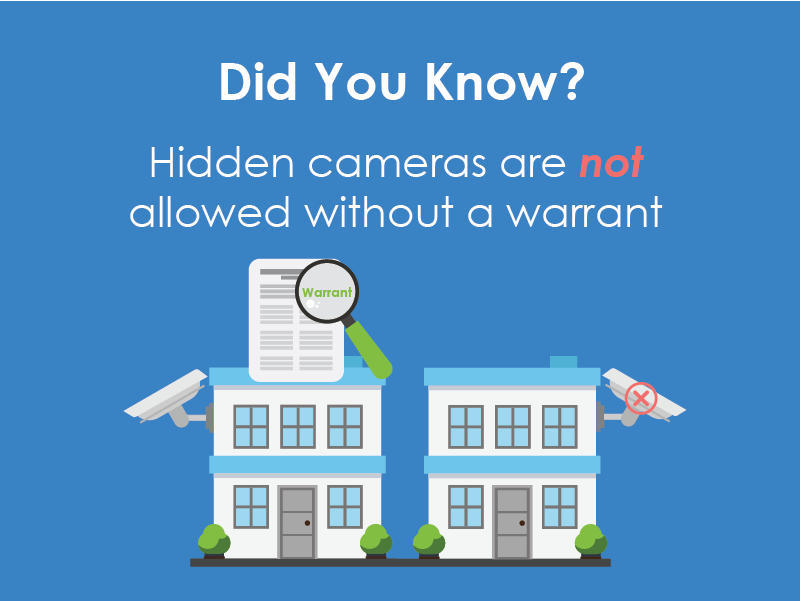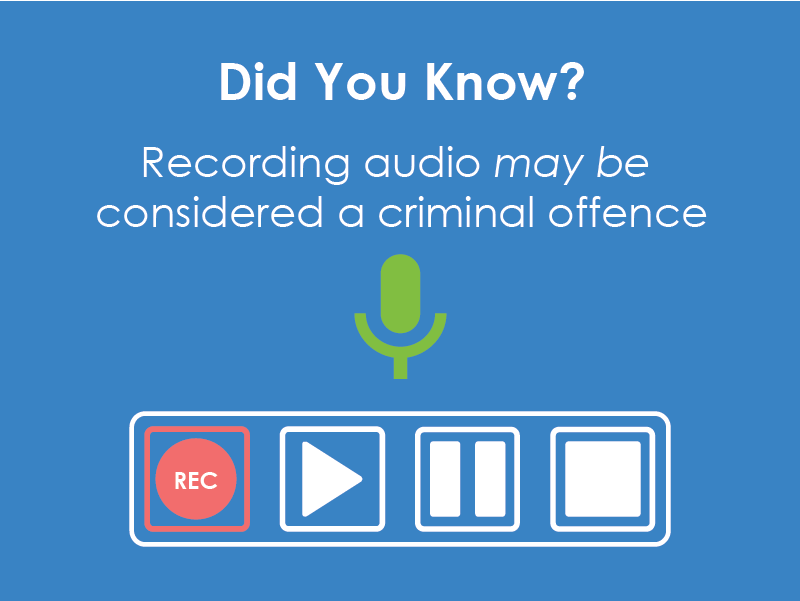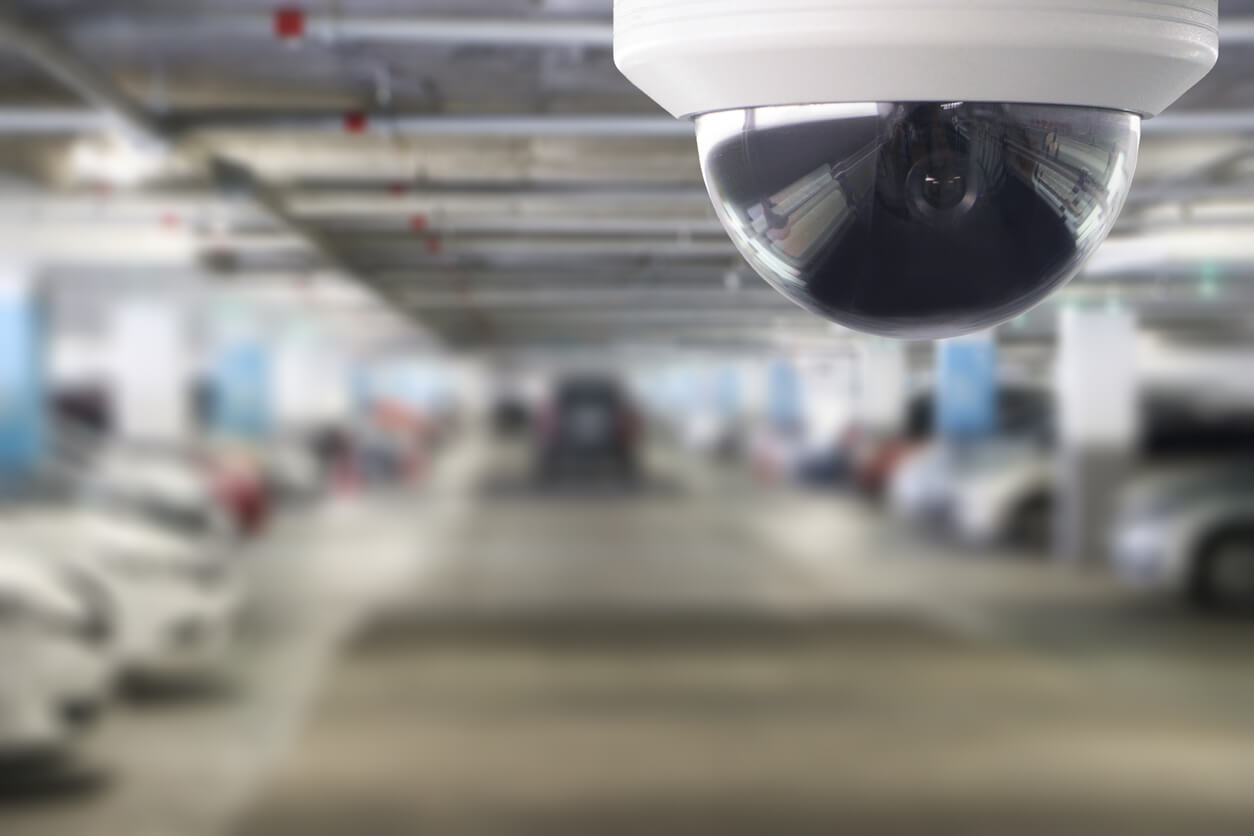Most big, urban condo buildings have security cameras installed in common areas such as lobbies and elevators. These cameras are generally used to help maintain safety and resolve crimes. Surveillance cameras can be an excellent security tool for condo communities. They are relatively affordable, and even more effective when used in combination with other security measures. However, not every condo member is on board with security cameras. Maintaining people’s privacy while enforcing security measures is a bit of a balancing act.
If your association is considering installing cameras in the condo building, we encourage you to read this article to get more information about the pros and cons of security cameras.
Are security cameras effective?
Yes, cameras can be effective when they are installed correctly and monitored regularly. However, board members must keep in mind that cameras are a defensive security tool. They may deter some criminals from stealing bikes or smashing a window, but they can’t actively stop someone from breaking a rule or law.
Experts say that cameras should not be used as an offensive tool to monitor the actions of residents (except where such actions compromise the safety and security of the building).
In order for cameras to really serve their purpose, the condo will also need to hire someone to monitor the cameras. If the guard or person monitoring the footage sees something taking place, they can then take action to stop the criminal or fix the issue.
What purpose will the security cameras serve?
Condo boards must have a clear and valid reason why the cameras should be installed. Having clear guidelines on the purpose of security cameras will go a long way towards ensuring that the devices used in an ethical and legal manner. So, it’s probably not enough to say the building needs cameras to enhance security. But if the condo has a theft issue in the underground parking lot, then cameras could be a valuable tool to help the association stop this problem.
Legal cases out of British Columbia have raised the issue about cameras being used for purposes other than security. There was once instance where a strata (similar to a condo) levied $40,000 in fines in one month due to breaches of facility rules. Security cameras were being used to track the actions of the residents instead of enhance security. $200 fines were distributed things like driving away before the gate was closed, or improper disposal of garbage. The residents of this building made a strong case that these cameras were being used inappropriately.
Read up on surveillance cameras laws
There may be local, state, or federal laws that will impact how and where the board can install cameras. The generally accepted law is that every resident has a right to a reasonable expectation of privacy. This term is vague, but it prevents condos from doing things positioning a camera in front of someone’s doorway.
The board will also need to spend some time looking through their governing documents for any rules or regulations regarding camera use. These documents may inform what is or is not possible.
The association will need a privacy and surveillance policy
Some governing documents may be totally silent on camera surveillance policies and rules. Others might have more concrete directions. Either way, if you are planning to install cameras in common areas, the association will need a privacy and surveillance policy. The policy provides guidelines for access to, and retention of video footage.
This policy addresses things like:
- The rationale and purpose of the cameras
- The location of each camera installed in the condo building
- Under what circumstances footage will be reviewed, and who is authorized to view it
- What happens if a resident asks to see footage
- How footage will be archived, and how long records will be kept before they’re deleted
- How residents will be notified of changes or expansions to the existing security camera system or policy
Many condominiums struggle with whether they should install cameras near pools or fitness areas. These spaces are common elements, and residents have a reasonable understanding that these areas are not private. However, some board members don’t think that these areas should be monitored. It is up to the board to make this call, but having an integrated approach to condo security may eliminate the need to have cameras in these areas without leaving them vulnerable.
Residents must be sufficiently warned about the areas that will be under video surveillance. It is strongly encouraged that obvious warning signs also be installed in the areas are under video surveillance. Residents should receive a physical or digital copy of the policy, and if the community has access to a digital document library, the most current version of the policy should be saved here too.
Cameras cannot be installed secretly (at least not without a warrant)
Perhaps the association is having trouble with tenants who are using their units to sell illegal items. The board would still not be at liberty to secretly install cameras anywhere in the building, even if it would help them collect evidence.

This was made abundantly clear after a similar incident occurred in Ontario. In 2019, a court case confirmed that condo boards did not have the authority to allow police officers to install hidden cameras in the hallways of a condo building without a warrant. Several important points emerged in the ruling, but now there is no confusion about hidden security cameras.
The installation of hidden cameras is not something that condominium residents would reasonably expect the board to do (or allow). Continuous surveillance over an extended period of time also reveals a lot of personal information about suspects and other residents who are not a part of an investigation. In this case, the cameras captured four months of the comings and goings of residents who were not the target of the surveillance. One of the cameras also had partial sightline into the unit of a woman who was not a target of the surveillance when her door was open.
Residents have a right to expect a reasonable amount of privacy in their condo buildings, and a judge ruled that police infringed upon that right when they put hidden cameras in the condo’s hallway.
If police come to you with a request to install hidden cameras for the purpose of investigation, let them know that they cannot do that without a warrant. You can also consult with your attorney for additional guidance.
Recording audio may be considered a criminal offence
There’s a good reason why most surveillance footage doesn’t have audio.

Recording sounds and conversations may be considered a criminal offence, and should never be captured without legal consent. Board members who record communications are subject to potential liability and claims for damages from anyone recorded without first giving their consent.
Costs
When planning and budgeting for your security cameras, keep in mind that there can be ongoing expenses. In addition to the equipment and installation, the board will also have to keep these recurring costs in mind:
- Video storage
- Maintenance
- Upgrading hardware and software
Conclusion
Not every condo community needs security cameras, but most people would say that they do feel safer with cameras in common areas. Associations will have to determine how much value security cameras may add to the condo building, and what risks and costs are involved with installing the security equipment.


